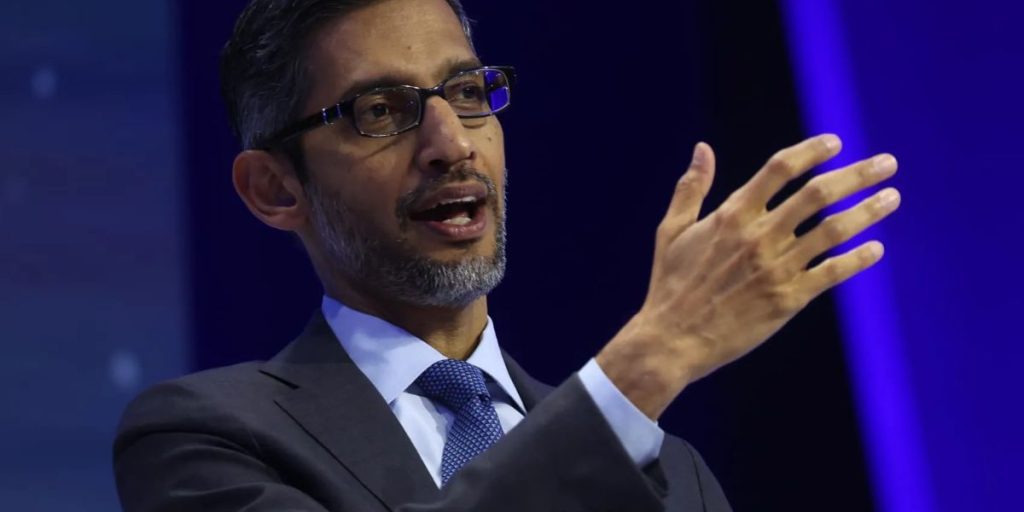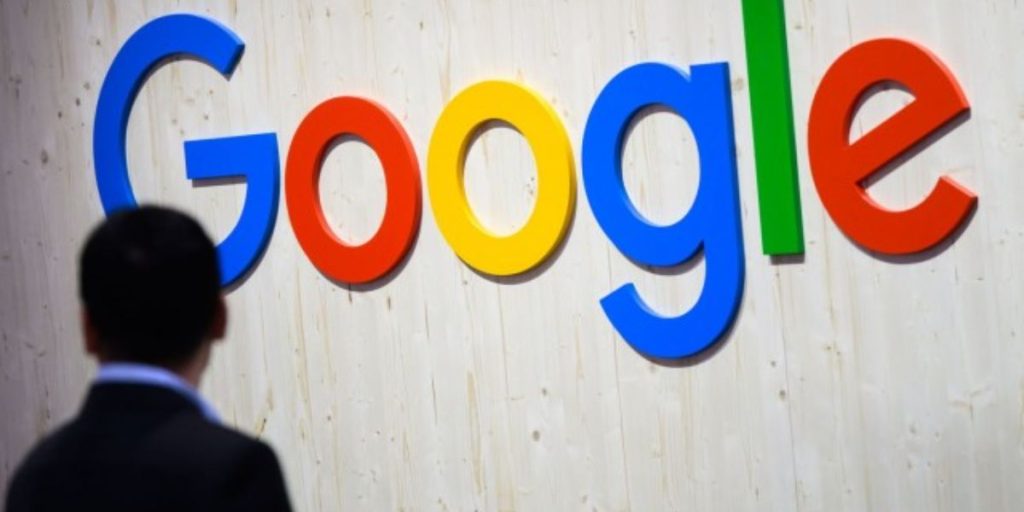Alphabet’s earnings announcement on Thursday raised concerns about the development of its Google advertisements business and the profitability of its significant expenditures in artificial intelligence.
For the time being, the business has put Wall Street’s concerns to rest.
Alphabet exceeded analysts’ expectations, delivering 15% revenue growth for the quarter, the best rate of expansion since early 2022. Ad sales on YouTube increased by 20%, exceeding estimates.
Questions have been raised regarding the future of Google’s online ads, since the company’s primary revenue source, search, is under pressure as new generative AI services such as OpenAI’s ChatGPT provide customers with new ways to get information.
“We’re very pleased with the momentum of our ads businesses,” Alphabet finance head Ruth Porat said on Thursday’s earnings call following the report. “Search had broad-based growth.”

Alphabet shares rose 12% in extended trading, bringing the company’s market capitalization beyond $2 trillion. Prior to the news, the stock was up 12% for the year, outperforming the Nasdaq Composite but underperforming mega-cap peers like as Meta, Nvidia, and Amazon.
The first-quarter results showed that the core advertising sector is reaccelerating following a challenging 2022 and 2023 when businesses reduced spending to deal with rising interest rates and inflationary fears. Meta reported 27% growth in the first quarter, the fastest since 2021, while Snap experienced 21% growth, the highest since early 2022.
Alphabet has been on a cost-cutting campaign since last year, anticipating weaker ad growth and higher expenditure on AI, where competition has expanded dramatically in the last year. The corporation has also made a number of apparent mistakes related to the hasty release of several AI products.
There were more causes for concern around Alphabet’s earnings release.
Investors turned on Meta following its first-quarter earnings release on Wednesday, sending the stock down as much as 19% in extended trade. CEO Mark Zuckerberg began the investor call by stating that he intends to invest billions of dollars in areas such as artificial intelligence and the metaverse, despite the fact that Meta’s revenue is 98% derived from advertising.
Alphabet, like Meta, is investing heavily in artificial intelligence. However, its investments are translating into revenue.
Google Cloud revenue increased by 28% from the previous year to $9.57 billion, exceeding expectations. Google’s operating income has more than doubled to $900 million, indicating significant gains following years of investment to compete with Amazon Web Services and Microsoft Azure.
Last month, Alphabet introduced a portfolio of products, including Vertex AI, a no-code console that allows enterprises to create their own AI agents.

“There were a lot of questions last year, and we were always confident and comfortable that we would be able to improve the user experience,” CEO Sundar Pichai said during Thursday’s earnings call.
Pichai stated that he has received “early confirmation” that the corporation can employ AI to increase search capabilities, citing rollouts in the United States and the United Kingdom. He stated that in the future quarters, the company will be able to manage spending while also monetizing AI solutions.
To demonstrate its confidence in its financial situation, Alphabet declared its first quarterly dividend of 20 cents per share and plans to repurchase an additional $70 billion in stock.
With first-quarter results in the rearview mirror, Alphabet must now meet heightened expectations, which will only rise as competitors launch more generative AI technologies. The corporation also has a few more quarters of growth that will be equivalent to some of its poorest outcomes on record.
“We’re in a new cost reality,” Prabhakar Raghavan, a senior vice president in charge of search, remarked at a recent all-hands meeting, encouraging employees to work more effectively.
With generative AI, the company is “spending a ton more on machines,” Raghavan noted, noting that organic growth is decreasing and the number of new gadgets entering the market “is not what it used to be.”